With an auspicious name like Spikenard, I should have known visiting the Spikenard Farm Honeybee Sanctuary would be a beautiful experience. Spikenard in Hebrew means “light” and the word Spikenard in Greek means “genuine and pure.” Another source notes Spikenard as being a fragrant and valuable ointment of the ancients. When you consider all of these meanings you will instantly have a true symbolic sense of this farm and then when you go there and experience it yourself, you will say, yes, this place is brilliant.
Perched on a hill at the end of Hideaway Lane, on a long and meandering dirt road in lush green pasture of West Virginia, the road name itself adds to the magic. It is hidden and for good reason, to protect the bees. The Sanctuary was founded by Gunther Hauk and Vivian Struve-Hauk who are legends to those that know of them. This location chosen by the organization with much consideration, after being displaced previously from land because of a neighboring farm’s use of agricultural chemicals. We all know there are numerous agriculture practices making the environment unsafe for bees and so it was really important Spikenard found an environmentally secure location. Surrounded now by pastures, forest and an adjacent organic farm and bio-dynamic education center it is in a position to flourish.
When you arrive at Spikenard be sure to turn your cell phones off as sanctuary policy requires. It is a little known, and uncomfortable notion that cell phones disrupt the honeybees. While there are varying thoughts about this, I whole heartedly believe in the intuition those at Spikenard have regarding cell phones. Yes this is right my friends, cell phone signals are not doing the bees any favors. They are disrupting their frequency and can make life confusing. For all of us really… this is possibly true too.
A little turquoise Yurt sits alongside the dirt road, and dotted about the 25 acres are creative handmade wooden structures that currently operate as extreme weather shelters or shade when need be for the 35 hives. The hives are scattered but close, forming little clusters here and there, and for the most part the farm appears as a paddock, garden and forest. The flowers grow tall, the grass grows long and the meadow becomes a floral feast for the bees. The ratio of acres to bees is such that each hive theoretically has over half an acre of land, and they feel this is about right, as there needs to be food for all the other native insects in the habitat too. Too many domesticated bees in one area is not considerate ecological bee keeping.
We visited in early Spring and so the honeybees were happy and busy after Winter hibernation. Spikenard has a thoughtful cold weather process where they protect the hives by putting home-made “sleeping bags” made of water-resistant flag fabric around the outside of the hive and then stuffing it with hay. Last Winter 35 of 36 hives survived and in the bee keeping community, Spikenard’s Wintering rhythm put them at the top of the class. They offer workshops on Wintering Honeybees, for those interested and able to learn more.
Honeybees survive through the winter heating their own hive by movement but they need to have an adequate energetic vibration to do this, and eating their own honey and feeling safe in knowing they have enough honey is a part of this. Spikenard puts the wellbeing of the bee above a desire to harvest honey to sell and the honeybee’s know their keepers respect their needs and this helps them survive. Spikenard do sell a small amount of honey, but this is secondary to cultivating and maintaining a strong and vibrant bee colony. Spikenard to not believe in giving bees sugar or corn syrup mixtures as a substitute for honey. This idea extends beyond the health of the bee, and unlocks the reality that you and I your bees will be more connected if they eat their own honey. Can you imagine spending all day every day making gold and then when you go to have your gold, it had been replaced by silver, or worse…
At Spikenard they do however prepare healing ‘teas’ to give to the bees if a hive is compromised in some way. While there I learnt of a hive that had been sitting in town, and during this time was poisoned. I was horrified to hear of hive being poisoned, but of course it happens inadvertently, that is what pesticide do, they kill insects. The honeybees drink the nectar from a flower that has been treated with chemicals and then they take the nectar back and then the young feed on the poisoned nectar too, and then bit by bit, bees die. Seeing all the dead bees lying around the hive made it all so clear and simple. So important not to use chemicals in our environment. I loved hearing about the healing remedies they were giving the bees to try to help the hive pull through.
When you meet the staff at Spikenard you will see that being surrounded by happy honeybees is good for the human soul. The staff consider bees like pets, and by this, I mean friends. Each hive has a name, and as you tour the farm, you will hear about various dispositions and personalities the hives have. I marveled at this close relationship they had with their bees. At Spikenard, there is no need for the white bee keeping suits excessively synonymous with keeping bees, because the people who work at Spikenard communicate with the honeybees, and don’t need to wear these suits when working with them. In talking about this with farm intern Ryan Lee, he made it very simple to understand by saying “You don’t get dressed in a protective suit when you are with a dog, why do you need to with bees?” A dog is a very good example, because like in dogs, both the nature of the bee, and how it is treated will determine how the honeybees treats you.
Ryan also went on to share that the honeybees might sting you if they think you need to be stung, to give you honeybee medicine. This is an esoteric attitude that I really admired. With all respect to those that have serious bee allergies (different bees, and the quantity of stings can cause different reactions in different people), the benefits of getting stung by bees can be great. Honeybee stings are said to increase life expectancy. Studies show the bee stings can cure disease, and then on less physical level, on a spiritual level, having a honeybee sting you can direct your life path positively if you listen to the message. You will know intuitively if this theory is right for you.
Walking around the hives I instantly felt the mellow happy disposition of the bees at Spikenard and knew I wanted to get close to them. I was at peace for them to fly around me and land on me. I sat right at the entrance to the one particularly active hive, watching the bees come and go. After a few moments of observation, I shrieked “Oh my goodness, pink pollen!” As I watched the workers return each with the little mounds of pollen on either legs I noticed instantly a variety in the warm hues of pollen being brought back to the hive, then yes, suddenly some pink pollen arrived, like the color of a glorious sunset. I was so excited. At one point a bee landed on my face and this too caused me to shriek. I was not scared, but yes, it startled me and I had to calm myself and breath to get used to it.
Bee’s love light and warmth, and in Egyptian folklore it is said that bees were born from the tears of Ra the sun-god. We see this sun association to bees in contemporary media also with the now iconic film “Queen of the Sun” A film all families should see. Any time spent watching bees you know that their actions within the environment are as genuine and pure as can be making them like little orbs of golden light, and for this reason being around bees is really good for you.
For all that it is, contrary to its size, a small bee commands great respect. The role it plays in the ecosystem, and the powerful attention it can summon. Capable of scaring the wits out of an adult or the greatest play friend for a child, the bee will always enthrall some and alarm others. Over and over we see these polarities of experience within our life with the bees. They are full of lessons for mankind and what seems to be the biggest lesson of our out time that they are teaching right now is that we have to change our ways, how we connect to food production and the environment. The positive thing, is that they are also showing us how. By being happy in the small humble work we do, by finding joy in the endless industrious process of being just one little bee, working hard for the collective. We all can work with our hands, there is no easy quick fix solution that will keep our colony alive, we all have to do the work, and then together, we are healthy and happy. Some things for mankind need to stay the same, and each of us working hard for each other, is one of them, but as we see in the bee, we do it because it is our nature, because it pleases us, because that is what makes feel like we are alive and part of a healthy thriving hive.
Deciding to Keep Honeybees
If you are going to keep honeybees, then you should think about if you are willing and able to make the commitment to keep them alive. Bee’s, while they can thrive on their own, also need to be cared for. Especially bees in a suburban settings. At spikenard they check on their bees almost daily, they make sure there is clean fresh water for the bees to drink, and they check the hives under trays for mites and others signs of hive disorder. Ask yourself if you have enough time to check on bees, at least weekly. Consider also if the environment where the bees will roam is pesticide free. If you live in a suburban environment, it is good to be aware of the bee’s gathering radius, and if there are treated lawns neardby. You may need to confirm a safe environmental first.
Learn How to Bee Keep
Spikenard offer various bee related classes all through the year. See the program and Register online. Book in well in advance so you can make plans and secure a spot.
Choosing a bee Hive
Something that I had not realized before visiting Spikenard is that when deciding to keep bees, one should consider why you want to do so, and then choose hive and bees according to the experience you want to have. Once again, liken it to choosing a pet dog. For example, if you are vegan and you don’t actually want to harvest honey, but want to support the bee colony and have healthy pollination in your environment, this will inform your choice of hive.
– Longstroth hive – good all round hive.
– Warre – great for encouraging swarms.
– Top Bar – allow the bees to make naturally shaped honeycomb.
– Verticle Hexagon – stacks, shaped like a hexagon.
– Sun Hive – A hand-woven hive, like skep, with naturally shaped honeycomb
Sourcing Bees
Not all bees are equal. For the healthiest most robust, and energetically aligned bees, try to find someone who has a swarm to give away or sell. Research, so you can purchase a swarm for your hive. If possible, this is better than forming a hive that has had a random mail order queen introduced to other random mail order workers bees. Worker bees are more likely to love and work for a queen they have raised or who they feel lineage to. Bees have an aura, a vibration and if you introduce a queen the workers do not ‘relate’ to, the bees might be sad… no one wants depressed bees! No one wants to work for a boss they don’t love! Bees are pretty forgiving and open too, so we have seen we can introduce queens, but it is the feeling amongst the grass-roots bee community that swarms make for stronger hives and an overall healthier bee population. There is an old saying “A swarm in May is worth a load of hay…a swarm in June is worth a silver spoon; but a swarm in July is not worth a fly…” but given current bee situations, if you get a swarm at any time, it is golden.
Video of hiving a swarm at Spikenard.

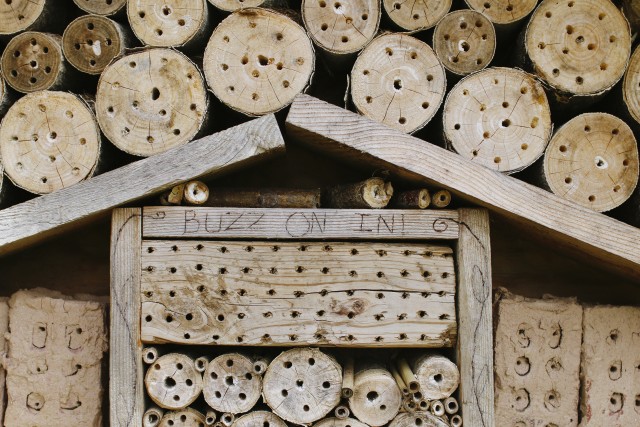
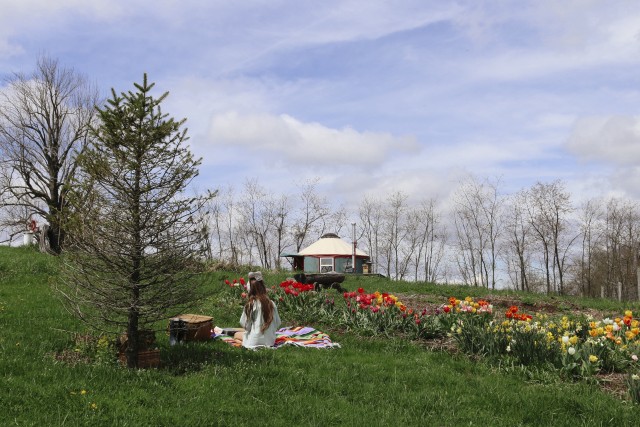
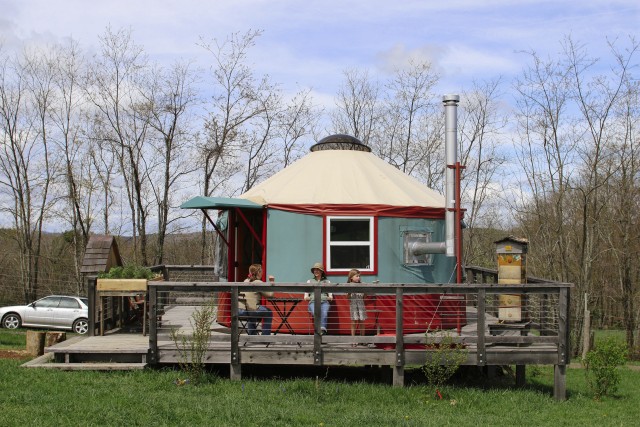
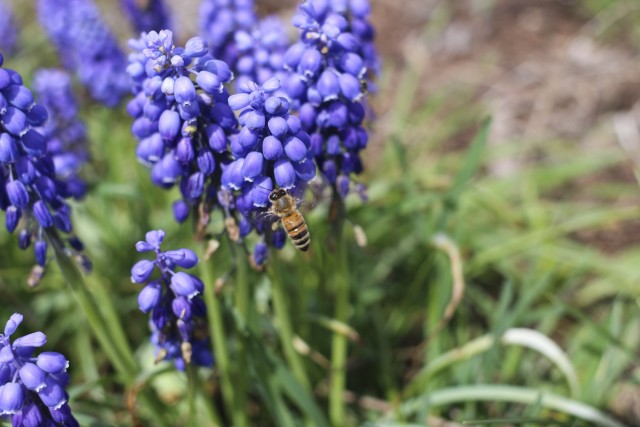
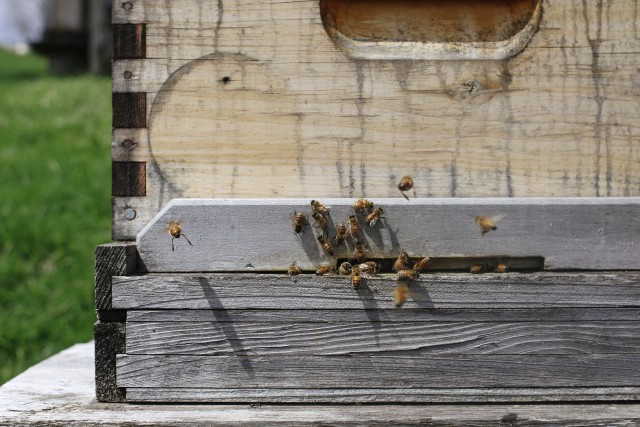
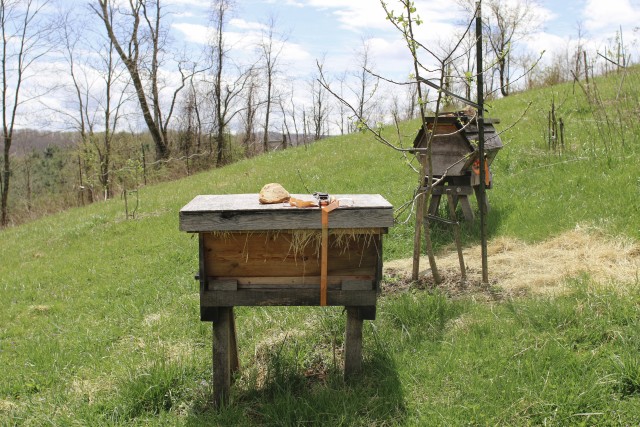
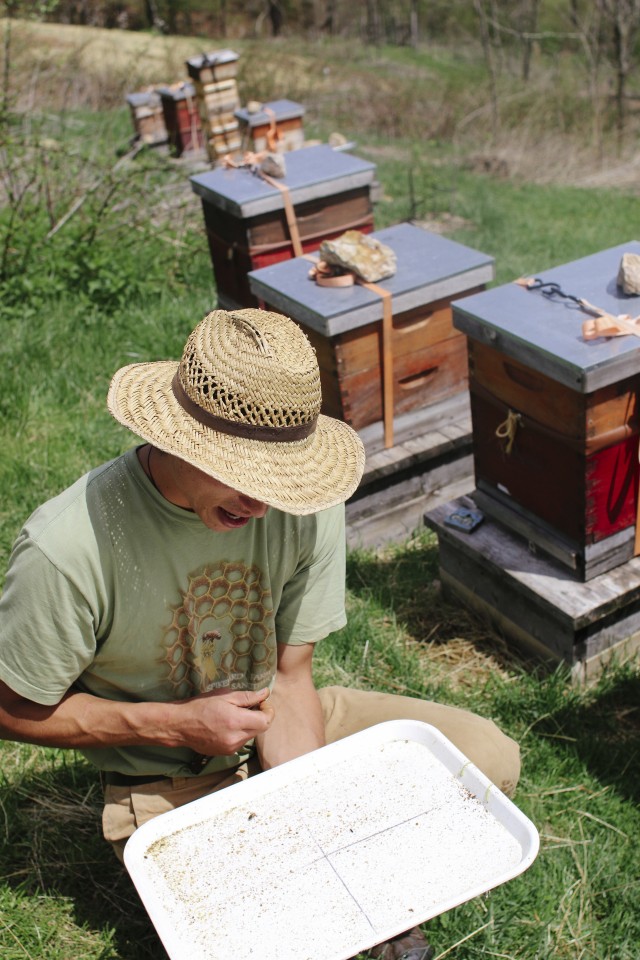
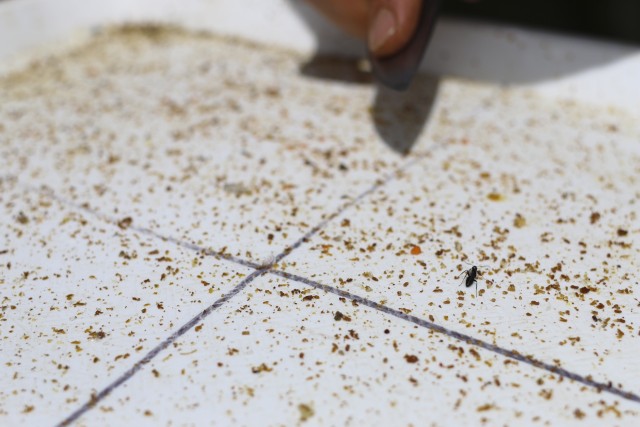
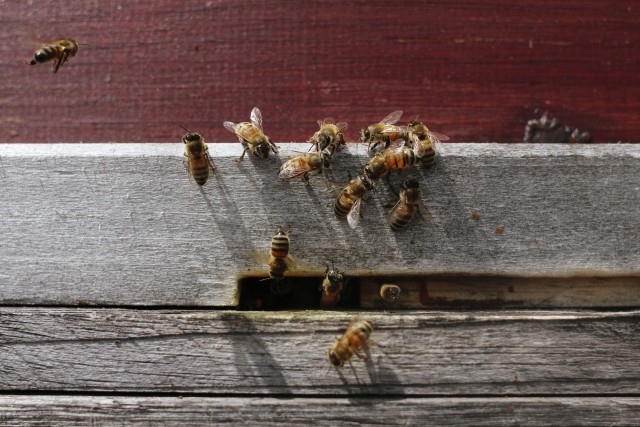
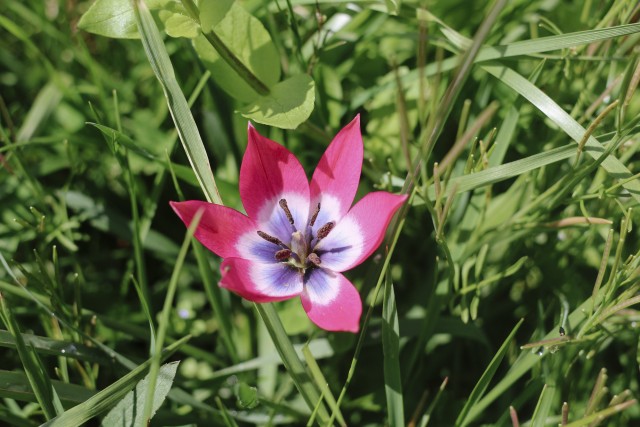
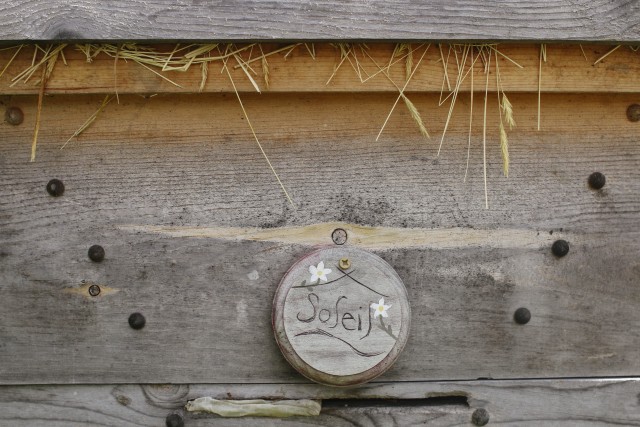
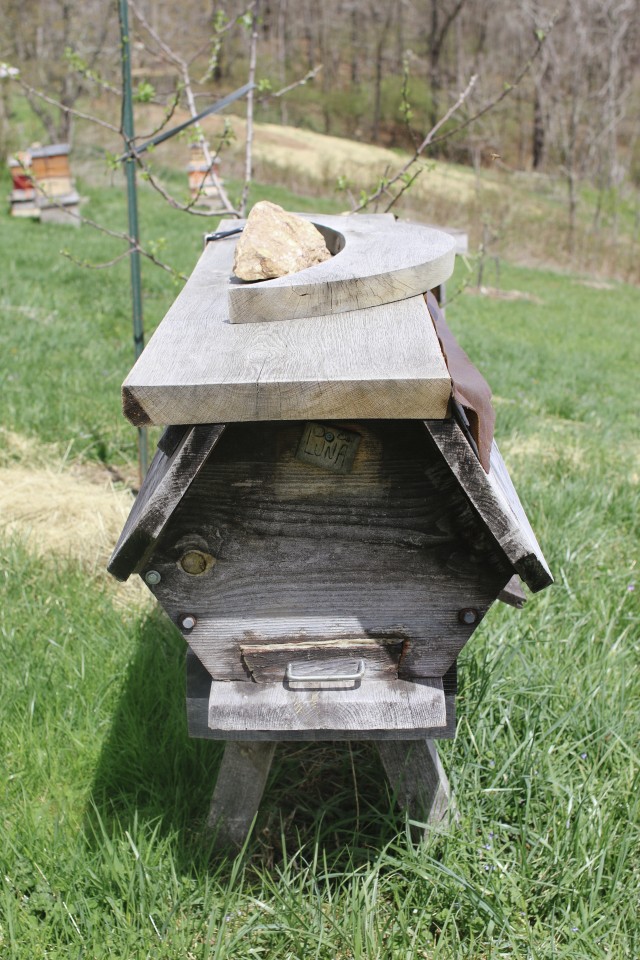
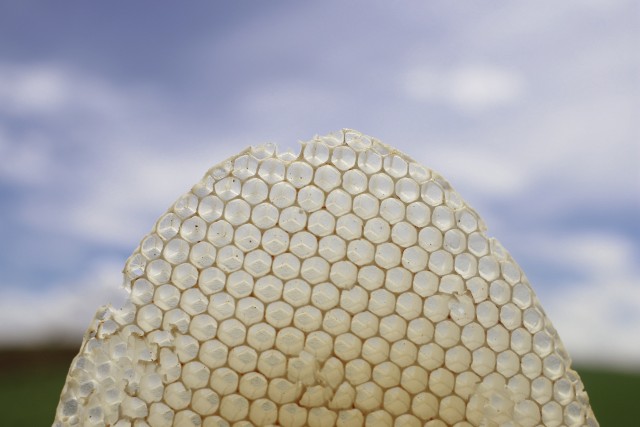
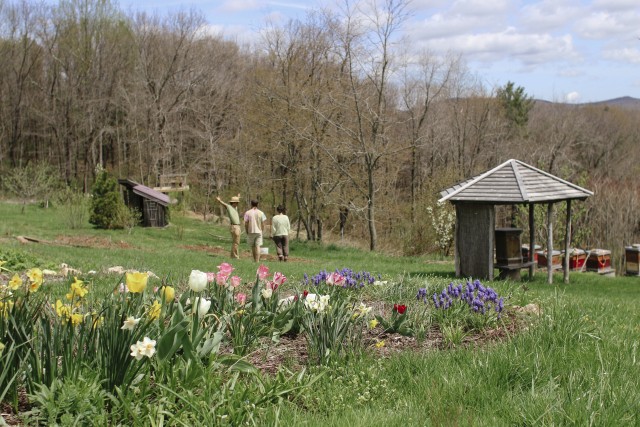

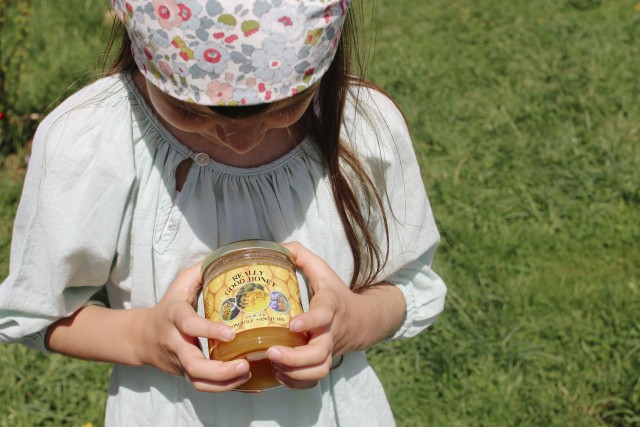
Kirsten,
So, so beautiful! I, myself never knew about the different types of hives. All very interesting. Sarah and I are looking to care for two hives next spring. It’s nice that you mention a fact about your neighboring yards… I have told you about our neighbors that hire a lawn company to spray everything!! Before Sarah and I continue this journey of beekeeping, we must have a ‘down to earth’ conversation with them. Loved the video! xx
Nic
Yes, keeping bees, and ensuring the environment is healthy and safe is a great reason to open these kinds of conversations with neighbors! So good of you! Kirsten xo
Thank you for this! And to everyone who cares for bees and doesn’t spray the Earth with chemicals and who house bees with love. Thank you to everyone who shares this perspective with the world…the magic and sacredness of the whole circle …